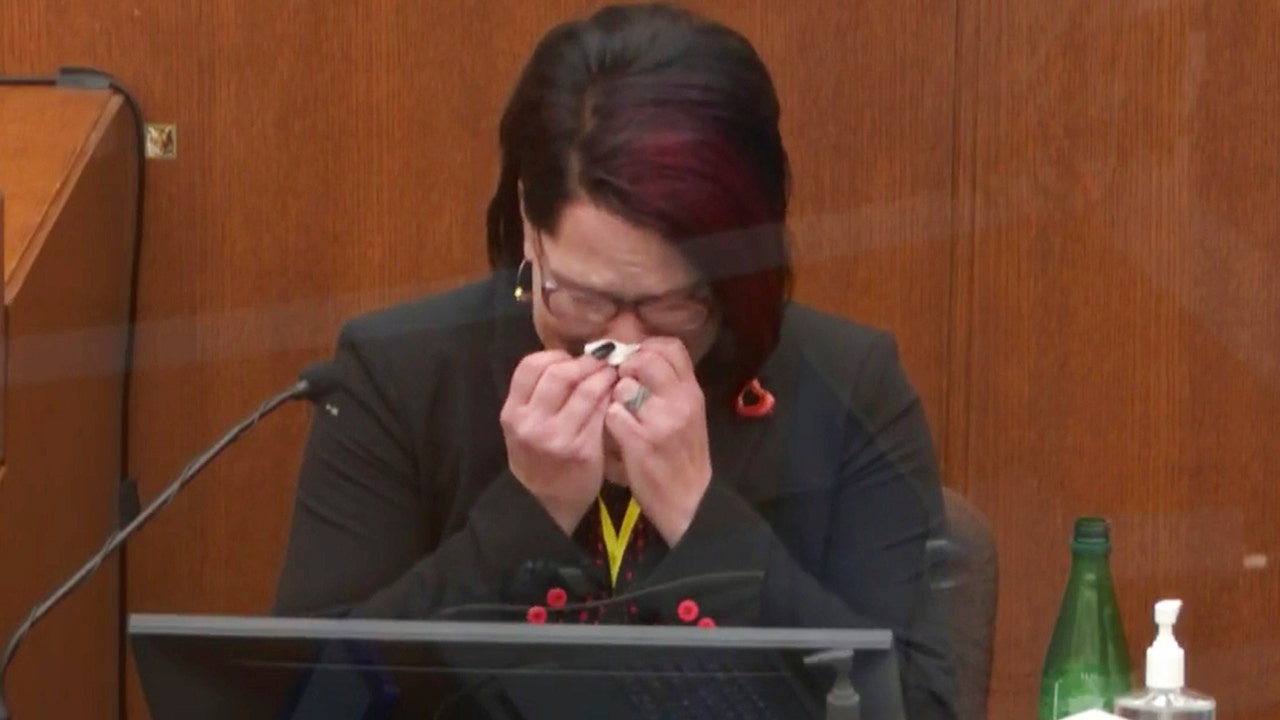progressive hunter
Diamond Member
- Dec 11, 2018
- 62,737
- 38,468
- 2,615
thats irrelevant to the topic,, and they are trained to detect them,,,they are responsible if they cause the loss,,he also stole a pack of cigarettes from the store. And the store called.That depends on how many fake $20 bills he had access to.As that shows and as I said...passing a counterfeit note less than $1,000 is a misdemeanor in Minnesota, IF they can prove intent.You are correct.Passing a counterfeit $20 in Minnesota is a misdemeanor...IF they can prove intent.
To my knowledge it's a federal crime.
What are the penalties for using counterfeit money?
The penalties for using counterfeit money are fines of $15,000 or more and 15 years in prison. Penalties for unknowingly using counterfeit money vary by state but typically involve imprisonment and fines.www.freeadvice.com
The denomination does not matter.Using or manufacturing counterfeit money is a violation of the United States Code and can be considered criminal fraud. Counterfeiting of currency is not a minor offense, but is actually considered a federal felony handled by the U.S. Secret Service Office.
Here is the Minnesota Law:
Whether a felony or misdemeanor depends on the penalty.
Minnesota Statutes 609.632 – Counterfeiting of Currency » LawServer
www.lawserver.com
- Felony: A crime carrying a penalty of more than a year in prison.
- Misdemeanor: Usually a petty offense, a less serious crime than a felony, punishable by less than a year of confinement.
He was being arrested by a STATE LEO so Federal law was not the issue
...but I'll give you that point.
To note......the clerk said he knew that if the bill was fake it would come out of his check.
That is also illegal. An employee is not responsible for the losses of a business.
Low wage clerks can't be expected to be currency experts.

